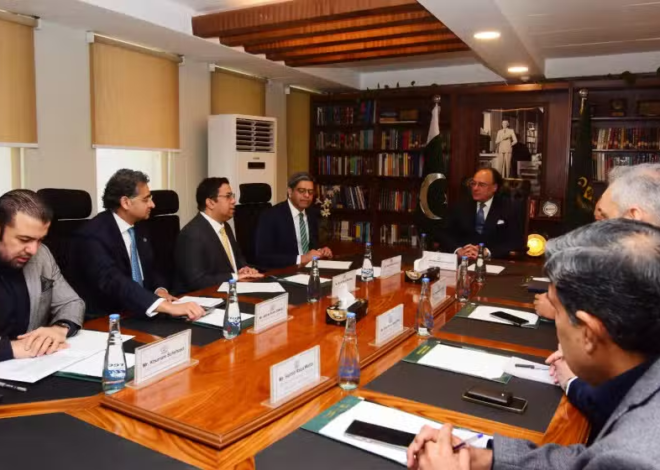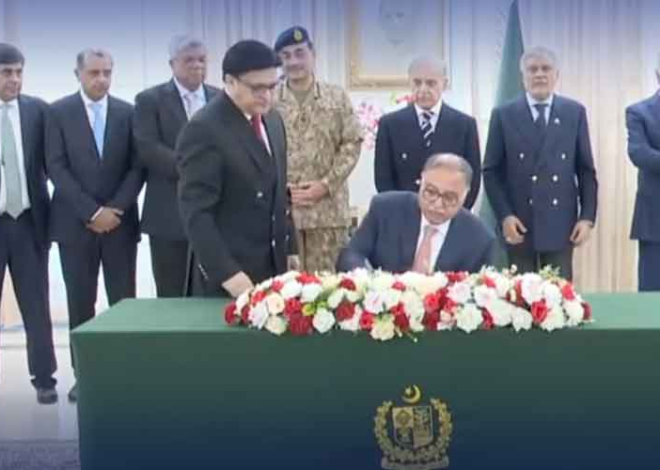
Pakistan Consolidates Macroeconomic Gains, Says Finance Minister Aurangzeb
Finance Minister Muhammad Aurangzeb has said that Pakistan is steadily consolidating its macroeconomic gains, with key indicators showing promising improvements across multiple productive sectors. Speaking at an event in Islamabad, the minister outlined the country’s progress in restoring economic stability and accelerating sectoral growth.
He highlighted that cement, fertilizer, automobiles, mobile phones and large-scale manufacturing have all recorded upward momentum. According to the minister, this expansion reflects improving investor confidence and steady demand recovery, supported by economic stabilisation policies adopted over the past year.
Aurangzeb emphasized that durable economic recovery depends on deep structural reforms. He noted that the federal government has implemented significant changes in the taxation system, energy sector and governance structures to place Pakistan on a long-term growth trajectory. These reforms, he said, are essential for improving efficiency, enhancing revenue and reducing the cost of doing business.
One of the key reforms is the government’s ongoing rightsizing agenda. The finance minister revealed that 54,000 vacant posts have been abolished as of September 30, resulting in annual savings of Rs56 billion. He added that the government is also merging ministries and shutting down loss-making or redundant entities, including the Utility Stores Corporation.
Aurangzeb underlined that streamlining federal structures is not only a cost-cutting exercise but also a step toward modernising governance. The aim, he explained, is to ensure that public spending aligns with national priorities while eliminating unnecessary expenditures that burden the exchequer.
Discussing global economic conditions, the minister pointed to rising geopolitical tensions, international trade fragmentation and ongoing supply-chain realignments as major sources of uncertainty. He stressed that in this environment, every country must build fiscal and external buffers to absorb external shocks. For Pakistan, this means enhancing reserves, improving export competitiveness and maintaining prudent fiscal management.
He reiterated that resilience and economic discipline are fundamental for navigating the current global landscape. Pakistan, he said, is working to strengthen its macroeconomic foundations while encouraging private-sector activity and investment.
The finance minister concluded that the government’s reform agenda aims to create a more stable and predictable economic environment that can support jobs, growth and long-term prosperity for the country.


